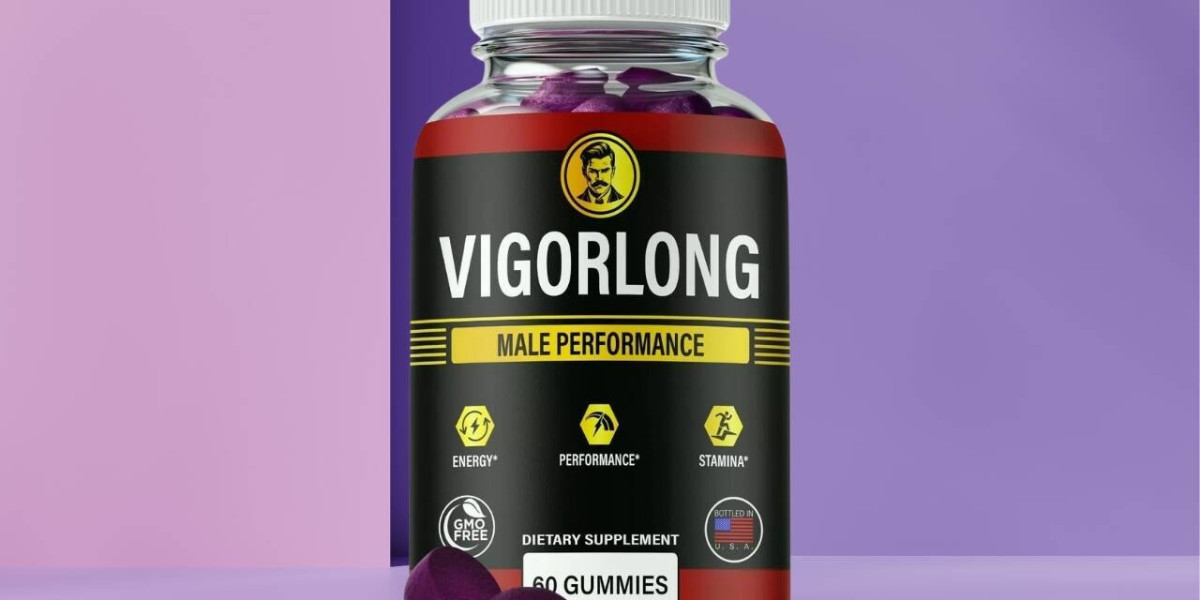The global fashion industry has been increasingly embracing sustainability and seeking eco-friendly alternatives to traditional materials. In this context, bio-based leather has emerged as a promising solution, offering a sustainable and environmentally friendly option for the production of leather goods. Derived from renewable resources, bio-based leather is gaining traction in the market due to its reduced environmental impact and potential to revolutionize the fashion and textile industries.
Bio-based leather, also known as vegan leather or alternative leather, is manufactured using plant-based materials as an alternative to animal hides. It is crafted from a variety of renewable sources such as pineapple leaves, apple peels, mushroom mycelium, cork, and even recycled plastic bottles. These materials undergo a process of extraction, refining, and transformation to create a leather-like material that closely mimics the texture, appearance, and durability of traditional leather.
One of the main advantages of bio-based leather is its lower environmental footprint compared to conventional leather production. The use of renewable resources reduces the dependence on animal agriculture, which is associated with deforestation, greenhouse gas emissions, and water pollution. By utilizing plant-based materials, bio-based leather contributes to a more sustainable and circular economy, promoting resource efficiency and reducing waste.
Additionally, bio-based leather production eliminates the need for harmful chemicals, such as chromium salts, which are commonly used in traditional tanning processes. These chemicals pose environmental risks and can have adverse effects on human health. In contrast, the production of bio-based leather often involves non-toxic and biodegradable substances, reducing the ecological impact and making it a safer alternative.
The bio-based leather market has witnessed significant growth as consumers increasingly prioritize ethical and sustainable choices. With a rising awareness of animal welfare issues and the environmental impact of the fashion industry, more individuals are seeking cruelty-free and eco-friendly alternatives to animal-derived products. Bio-based leather offers a viable solution that allows fashion enthusiasts to enjoy the luxurious look and feel of leather while aligning with their values.
Moreover, the versatility of bio-based leather is expanding its applications across various industries. In the fashion sector, bio-based leather is being used to produce footwear, handbags, wallets, belts, and other accessories. It offers designers and manufacturers a wide range of creative possibilities, enabling them to meet the growing demand for sustainable fashion without compromising on quality or style.
In addition to fashion, the automotive and furniture industries are also adopting bio-based leather as an alternative to traditional upholstery materials. The durability and aesthetic appeal of bio-based leather make it a suitable choice for car interiors, seats, and interior furnishings. This shift towards bio-based leather in these sectors not only reduces the environmental impact but also aligns with the growing demand for eco-conscious and socially responsible products.
The bio-based leather market is expected to witness continued growth and innovation. Ongoing research and development efforts are focused on improving the durability, performance, and cost-effectiveness of bio-based leather materials. Innovations in manufacturing techniques, such as 3D printing and bioengineering, hold the potential to further enhance the properties and expand the range of applications for bio-based leather.





